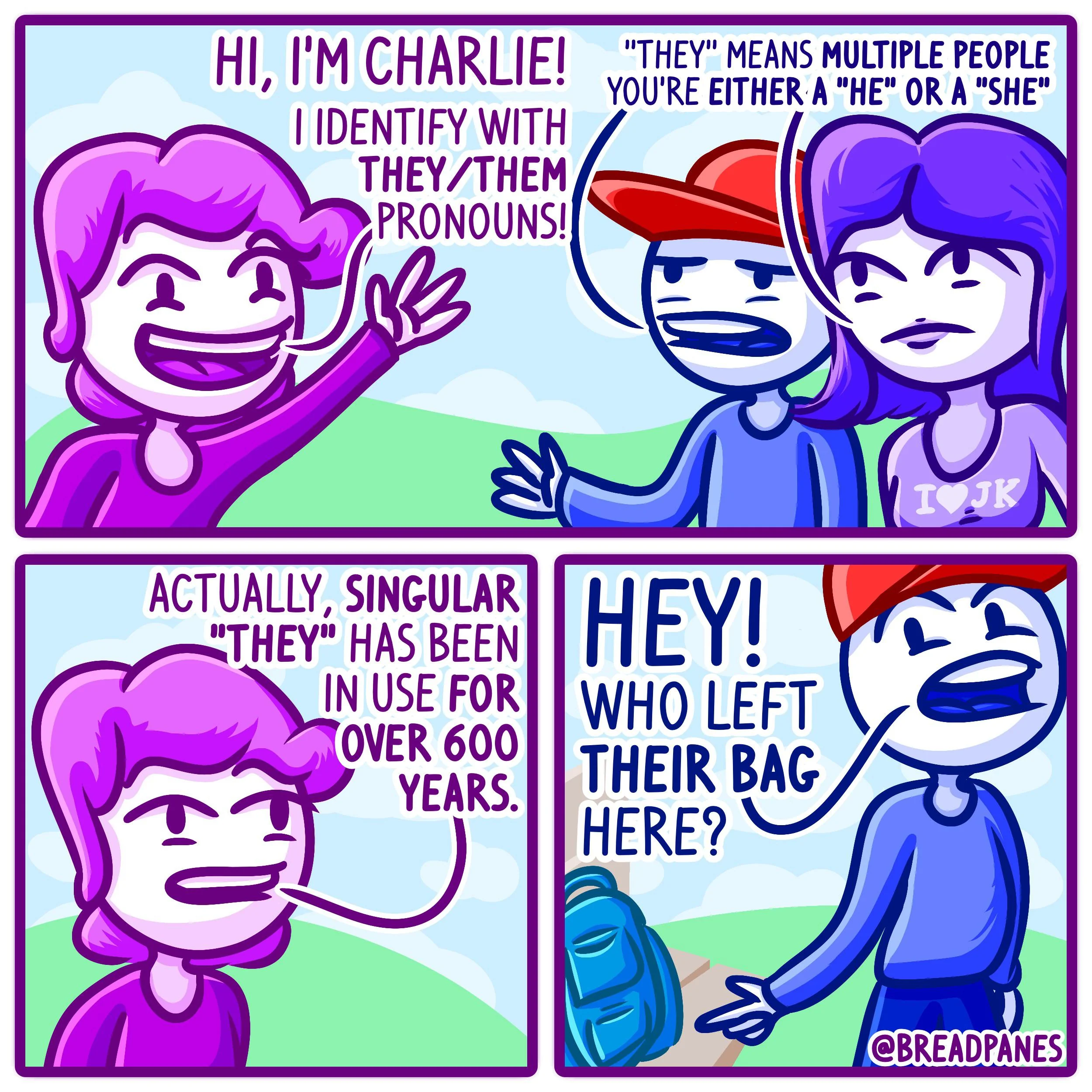this post was submitted on 12 Dec 2024
496 points (80.7% liked)
Comic Strips
13899 readers
3454 users here now
Comic Strips is a community for those who love comic stories.
The rules are simple:
- The post can be a single image, an image gallery, or a link to a specific comic hosted on another site (the author's website, for instance).
- The comic must be a complete story.
- If it is an external link, it must be to a specific story, not to the root of the site.
- You may post comics from others or your own.
- If you are posting a comic of your own, a maximum of one per week is allowed (I know, your comics are great, but this rule helps avoid spam).
- The comic can be in any language, but if it's not in English, OP must include an English translation in the post's 'body' field (note: you don't need to select a specific language when posting a comic).
- Politeness.
- Adult content is not allowed. This community aims to be fun for people of all ages.
Web of links
- [email protected]: "I use Arch btw"
- [email protected]: memes (you don't say!)
founded 2 years ago
MODERATORS
you are viewing a single comment's thread
view the rest of the comments
view the rest of the comments

You would have a problem but it would not be the same problem as in my example. The problem here is not because of the choice of pronoun.
Well it kinda is. Pronouns are like names, in the sense that we use them to describe to whom we refer.
They are a non injective function on the name set.
The restriction you would like to make is that the function is not multivalued. But it is. As an example, Andrea is a name that is usually associated with a female person, but it is a normal name for male people in Italy.
We allowed people to be named whatever they wanted (or their parents wanted), so why not also let them choose whatever pronoun they prefer?
I disagree.
Pronouns are not names.
That's the second time you've used the word "allow". That's very telling.
I disagree.
Yes, that is why I wrote "like". They serve the same functionality.
That is the first time you wrote second. That's very telling.